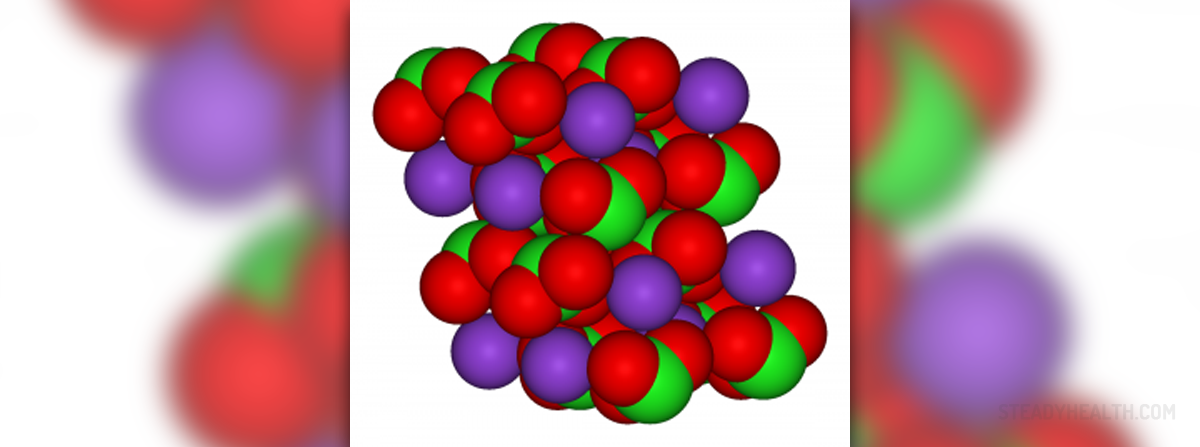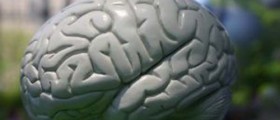
Hypokalemia is the official name for the deficiency ofpotassium, and this condition suggests that the body's electrolyte level islower than it should be and than it is considered normal. Potassium is needed for theproper functioning of the organs and the cells in the human body. With the helpof chloride, magnesium, sodium and calcium, potassium is the oneresponsible for conducting electricity. Also, it is important for functioning of the muscles and the heart, digestion and the muscle and skeletalcontraction. The body needs the potassium for proper functioning and in thefollowing lines we will talk more about this topic.
As we have said, hypokalemia is a lack of potassium. Normal level of potassium in theblood goes from the 3.6 to the 4.8mEq/L, or the miliequivalents per liter. Theproblems begin when the level of potassium drops under the point of 2.5 mEq/Land this situation may even lead to death. Complications can happen due to thepresence of hypokalemia and some of them are confusion, seizures,myalgia and muscle weakness. It can also cause irregular heart rhythm andserious arrhythmia.
Causes and symptoms of hypokalemia
There are several possible causes of hypokalemia, such as profuse sweating forfew days, excessive burn injury, alcoholism and Cushing's syndrome. The lack ofpotassium can be caused by many other factors such as anemia, influenza,increased levels of insulin, excessive vomiting and diarrhea. Other symptomsinclude renal failure, chronic kidney dysfunction, excessive use of laxativesor diuretics and anorexia, or other similar conditions.
Arm and leg cramps are the most common symptoms. These cramps appear for noreason, so if you are having this problem, deficiency of potassium is maybe thecause. Less severe cases cause nausea, while others produce vomiting issues.Weakness and fatigue are also possible symptoms, along with the stomach andabdominal cramps. Low potassium levels can be detected with the EEG test.Chills, edema, depression, constipation and insomnia are symptoms also. We can addsalt retention, headaches, mental confusion, irritability and depression to thesymptoms as well. Hypokalemia can cause low blood pressure, irritable thirst,high levels of cholesterol, glucose intolerance and excessively dry skin.
Treatment
There must be a cause for the lack of potassium, so this must be detected beforethe treatment begins. Supplements of potassium may be used if the doctor thinksthat they are needed. Watermelon or banana can be consumed during the day toincrease the daily consumption of potassium, along with the cantaloupes andtomatoes. Eat right and look for the symptoms so that you can act timely and accordinglyso that you eliminate the problem in the creation.

















Your thoughts on this
Loading...